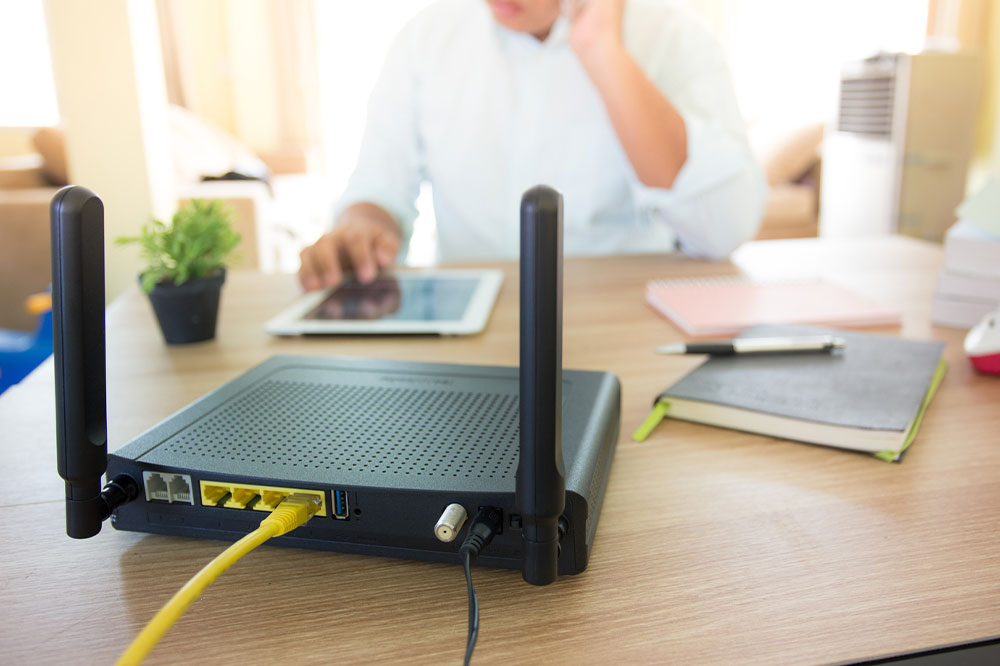
5 simple ways to increase Wi-Fi speed
Staying connected to the world in today’s day and age has become extremely easy, thanks to the internet. Not only does it help to keep social connections alive, saying hello to friends who stay miles away, but it also helps stay up to date on the work front. So what happens when there is a glitch in your Wi-Fi network or when the network is slow? Here are 5 easy tips to increase your Wi-Fi speed.
Restart the router
This may sound like an amateur hack, but it works. Resetting your router or just switching it off and on is an effective way to fix the glitch and increase Wi-Fi speed. Sometimes routers can get overwhelmed by the multiple devices connected to them, leading to a slow speed. All you have to do is unplug the router, wait for 30 seconds, and then plug it back in so that it clears all the cache and refreshes the memory. This leads to a fast Wi-Fi connection.
Strategic placing of the router
Placing your router at the right location in the house is important to get high, uninterrupted speed. A lot of times, thick walls or obstructions may disrupt the signal, leading to slow Wi-Fi. So keeping the router at a central location in the house is ideal. Also, try to keep it away from other devices like cordless phones, microwaves, and televisions, which can interfere with the router’s signal.
Use a Wi-Fi extender
We’ve discussed the strategic location of the router that helps with an uninterrupted signal. However, sometimes it is important to note that you could need a Wi-Fi extender if the area is too big. This is especially helpful if there are too many floors or rooms in the house and you need equal connectivity in each room.
Limit the number of devices used
An easy hack but often overlooked. A lot of times, all devices are connected to the Wi-Fi network, even those which are not in active use. The network can get crowded with so many devices connected to it, and this can easily affect the Wi-Fi speed. An easy solution is to disconnect some inactive devices and let the focus only be on devices that need uninterrupted streaming.
Wi-Fi network frequency
There are two frequencies at which the Wi-Fi network runs. One is 2.4GHZ, and the other is 5GHz frequency. As is understood, the higher the GHz, the better the frequency, so it is ideal for connecting devices to a router that has a 5GHz frequency. This way, the router is faster, the network is less congested, and you can easily stream the internet at high speed. However, if you have an old router, it’s possible it only supports 2.4GHz frequency, so you may have to switch to a new one.
Thanks to the technology, the firmware has also been significantly upgraded, which can help with the Wi-Fi speed. So always look out for a router that best suits your needs, that is, the need for high-speed internet.


